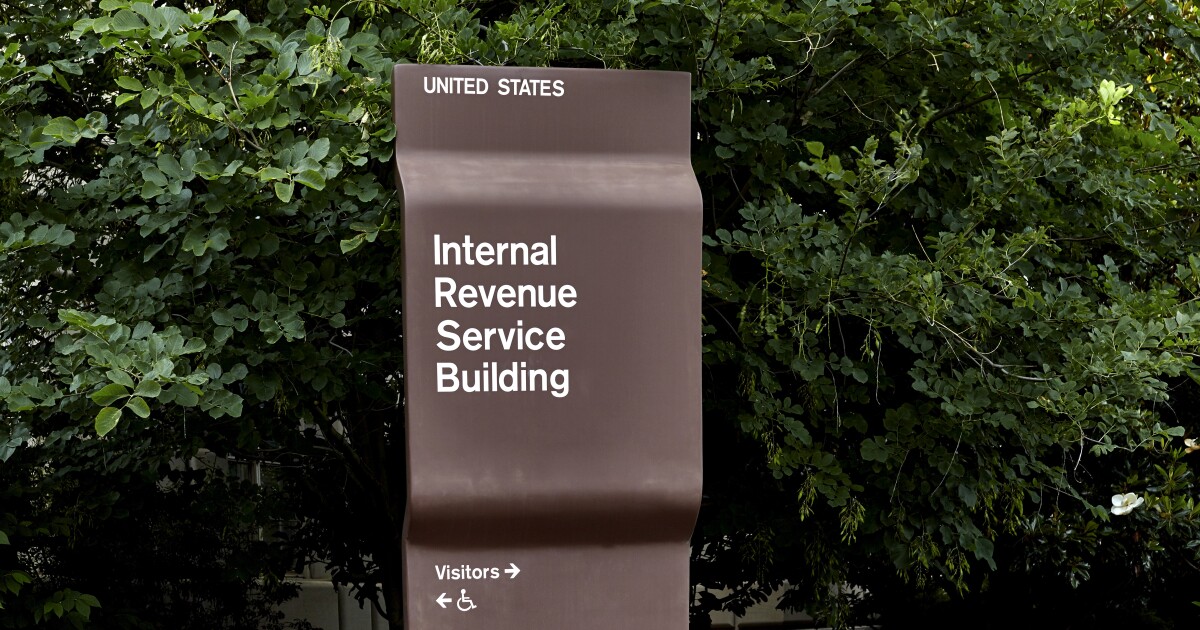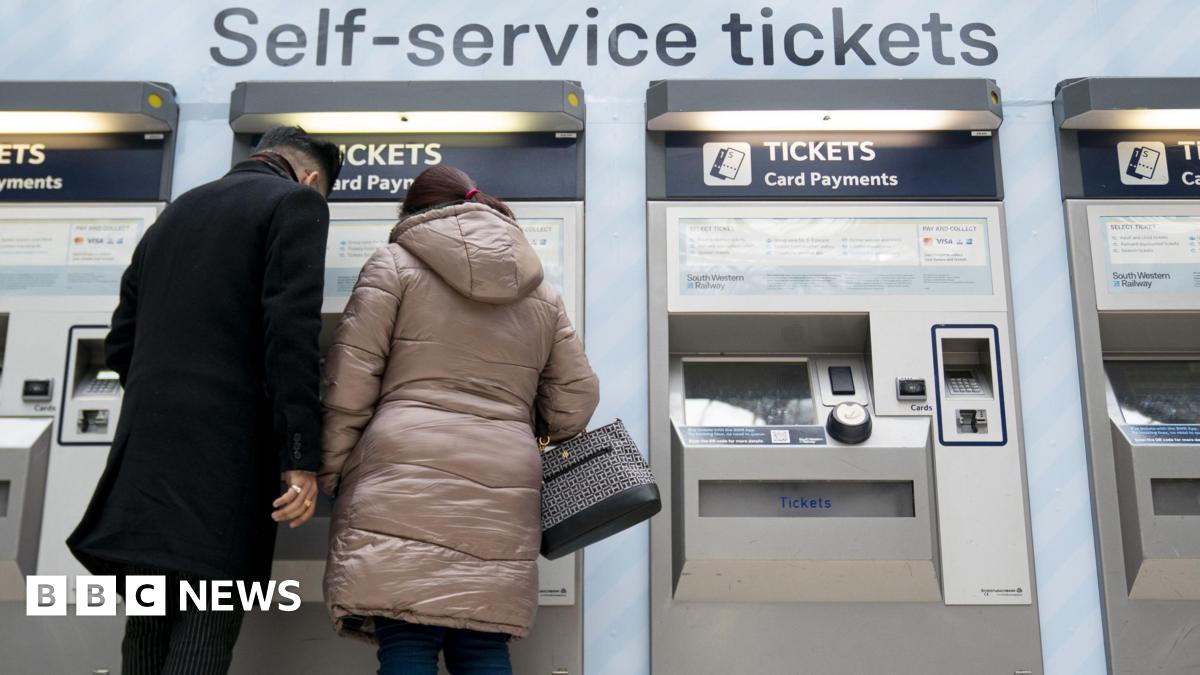Taxpayers’ record of success in state and local tax cases rose in the second quarter, according to a new report.
Law firm Eversheds Sutherland began tracking SALT cases and reporting their findings in 2016. The result evolved into their SALT Scoreboard, released four times each year, which tabulates the results of different categories of SALT cases and also reports on issues and trends.
During the second quarter of 2023, taxpayers prevailed in half (18 out of 36) of the significant cases decided during the quarter, according to the just-released scoreboard. Taxpayers won 33% (three out of nine) of the significant corporate and franchise income tax cases and 55.5% (five out of nine) of the significant sales and use tax cases. In the year 2023 to date, taxpayers had 31 wins and 46 losses, with only 13 wins in the first quarter of the year, against 28 losses, according to Todd Betor, a partner at Eversheds Sutherland.
“It’s helpful to taxpayers and practitioners to be able to see trends and sort through them,” he noted. “We focus on what’s important to our clients.”
Betor is particularly sensitive to cases with issues that are retroactively decided for or against a taxpayer. “They’re basically unfair when they go against the taxpayer,” he remarked. He cited a case in this week’s SALT Scoreboard, which reached a pro-taxpayer decision.
In the, the Alabama Court of Civil Appeals held unconstitutional the retroactive application of a 2014 state sales tax legislative amendment that applied only to taxpayers under audit or with an assessment as of the amendment’s effective date. “The court found that retroactively subjecting only a small number of taxpayers to the amendment amounted to a due process rights violation and was not supported by a legislative purpose furthered by rational means.”
Ostapchuk/Igor Ostapchuk – stock.adobe.com
In Reagan v. Commissioner of Revenue, the Supreme Judicial Court of Massachussets held that capital gains from the sale of an urban redevelopment project were not subject to Massachusetts personal income tax.
As an incentive for private entities to invest in constructing, operating and maintaining such projects, Massachusetts exempts these entities “from the payment of any tax, excise or assessment to or from the commonwealth … on account of a capital gains from the sale of such urban redevelopment projects” because the gains are “on account of” the project. According to the SALT Scoreboard, “The court’s conclusion supported the statute as a whole and its legislative history, which demonstrated that the tax exemption was established to stimulate the investment of private capital.”
Three digital services cases rounded out this quarter’s scoreboard’s coverage.
In the Matter of the Petition of Beeline.com Inc., an administrative law judge of the New York Division of Tax Appeals held that a company’s vendor management system fees were taxable as sales of pre-written software, because the company used the same software for all of its customers.
In Apple Inc. v. Samuel, the Louisiana Board of Tax Appeals held that sales of remote personal electronic storage capacity services were not subject to the New Orleans French Quarter Economic Development District sales and use tax, since “the federal Internet Tax Freedom Act prohibits states and political subdivisions from imposing taxes on Internet access, including ‘personal electronic storage capacity’ that is provided independently or that allowed users via an internet connection to upload their personal digital content to the taxpayer’s remote servers and access their personal digital content from any of their Internet connected devices.”
And finally, the Louisiana Court of Appeals held that “streaming video providers were not subject to a 5% local franchise fee because either the plaintiff locality had no right of action or the providers were not “video service providers.”
Credit: Source link











